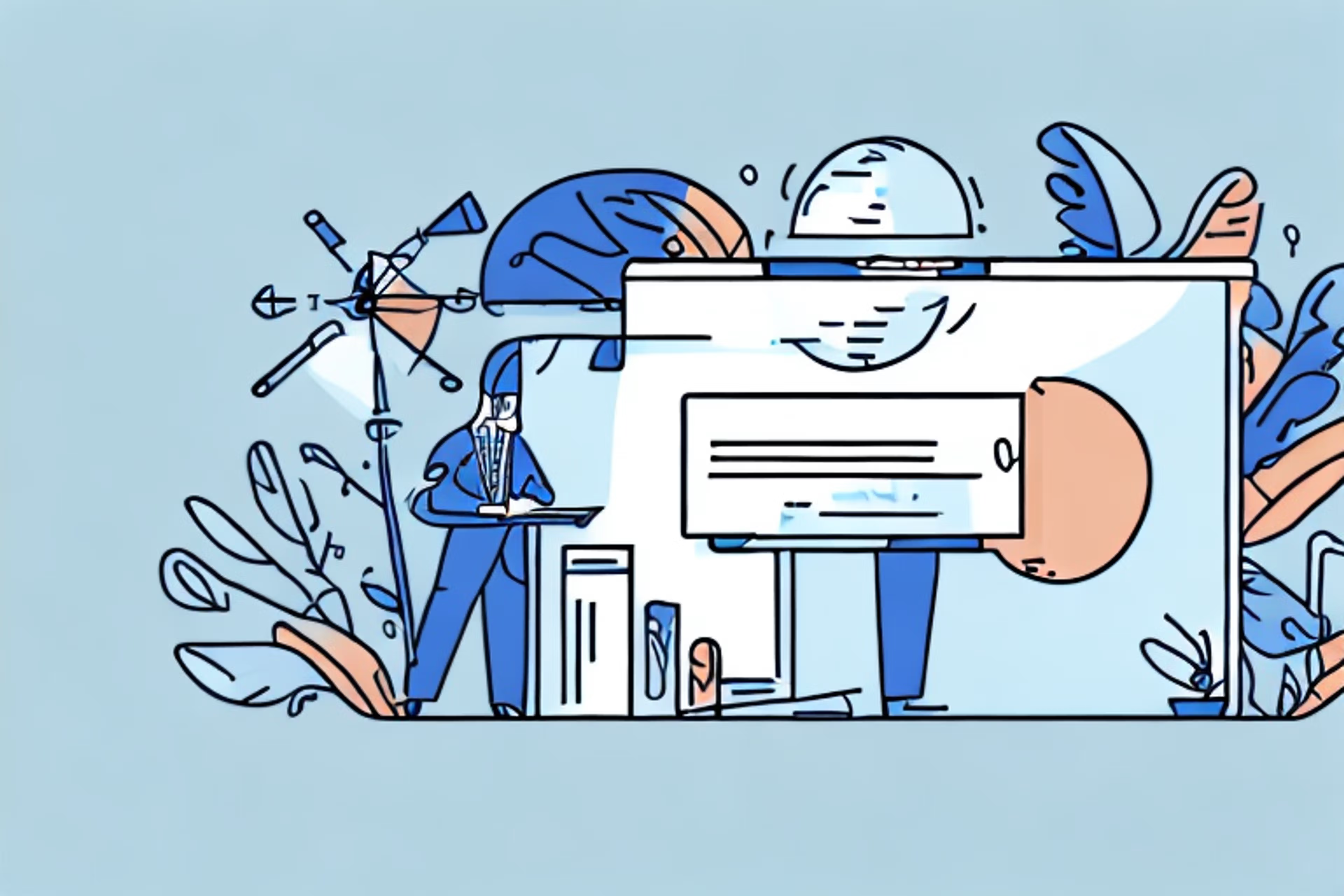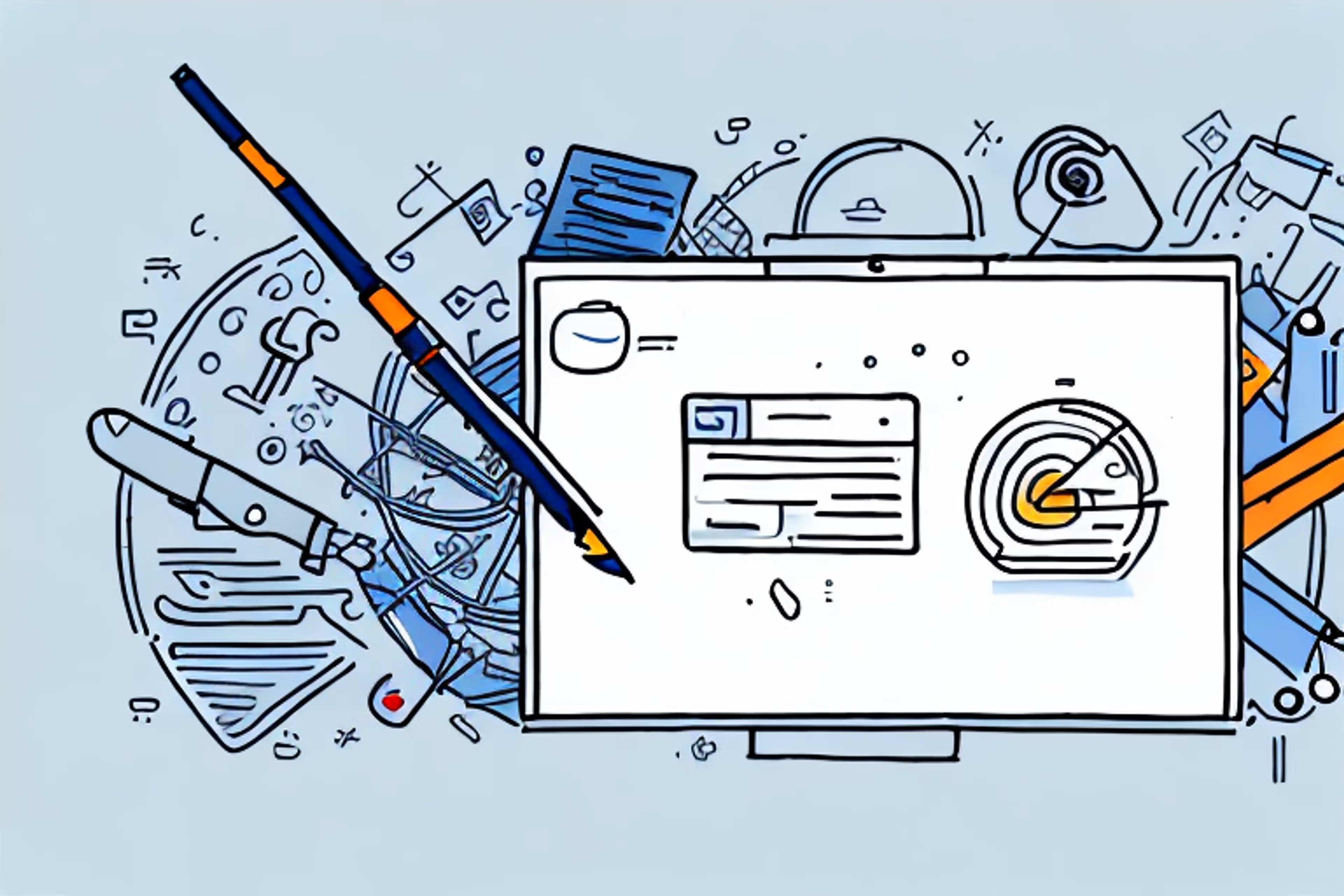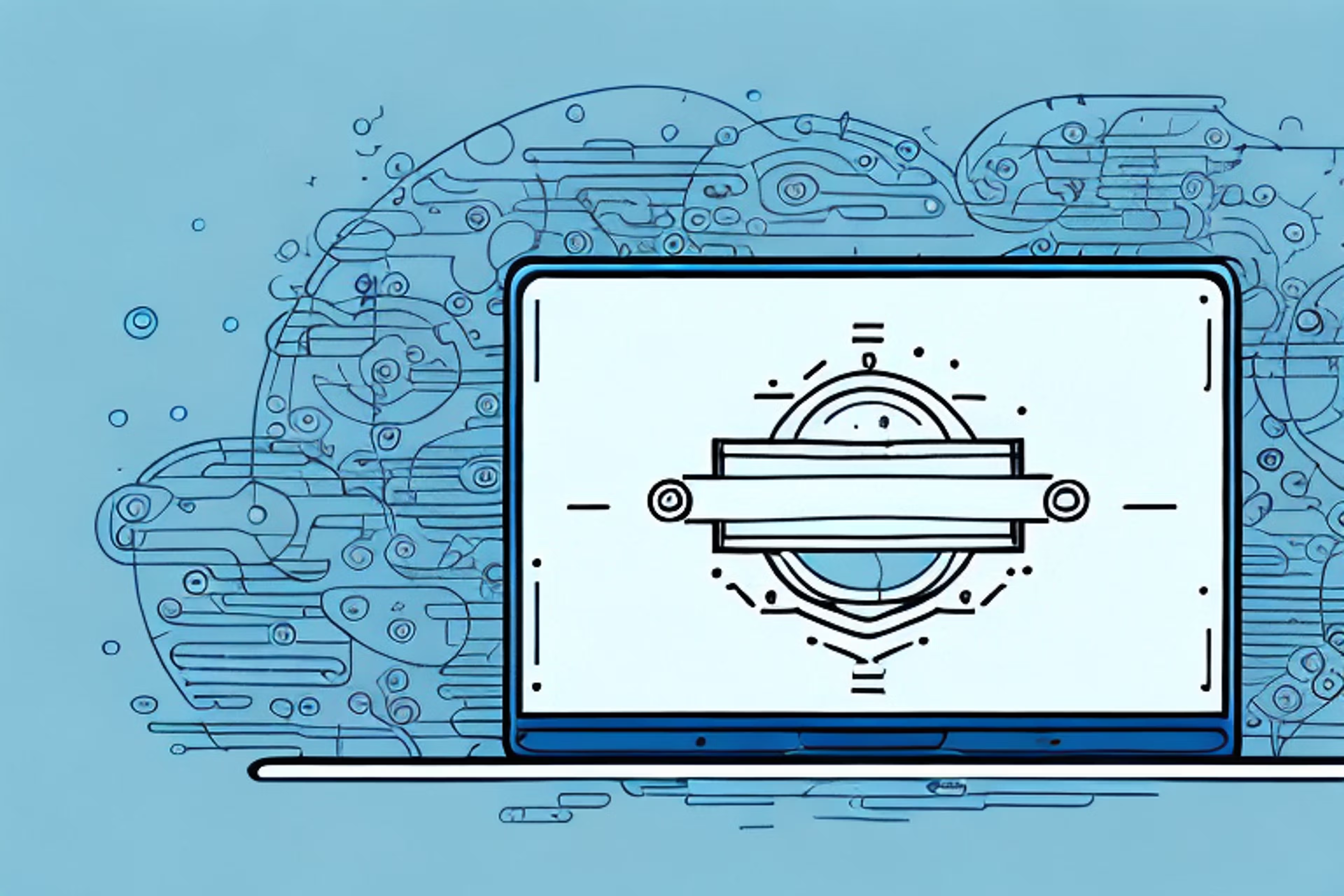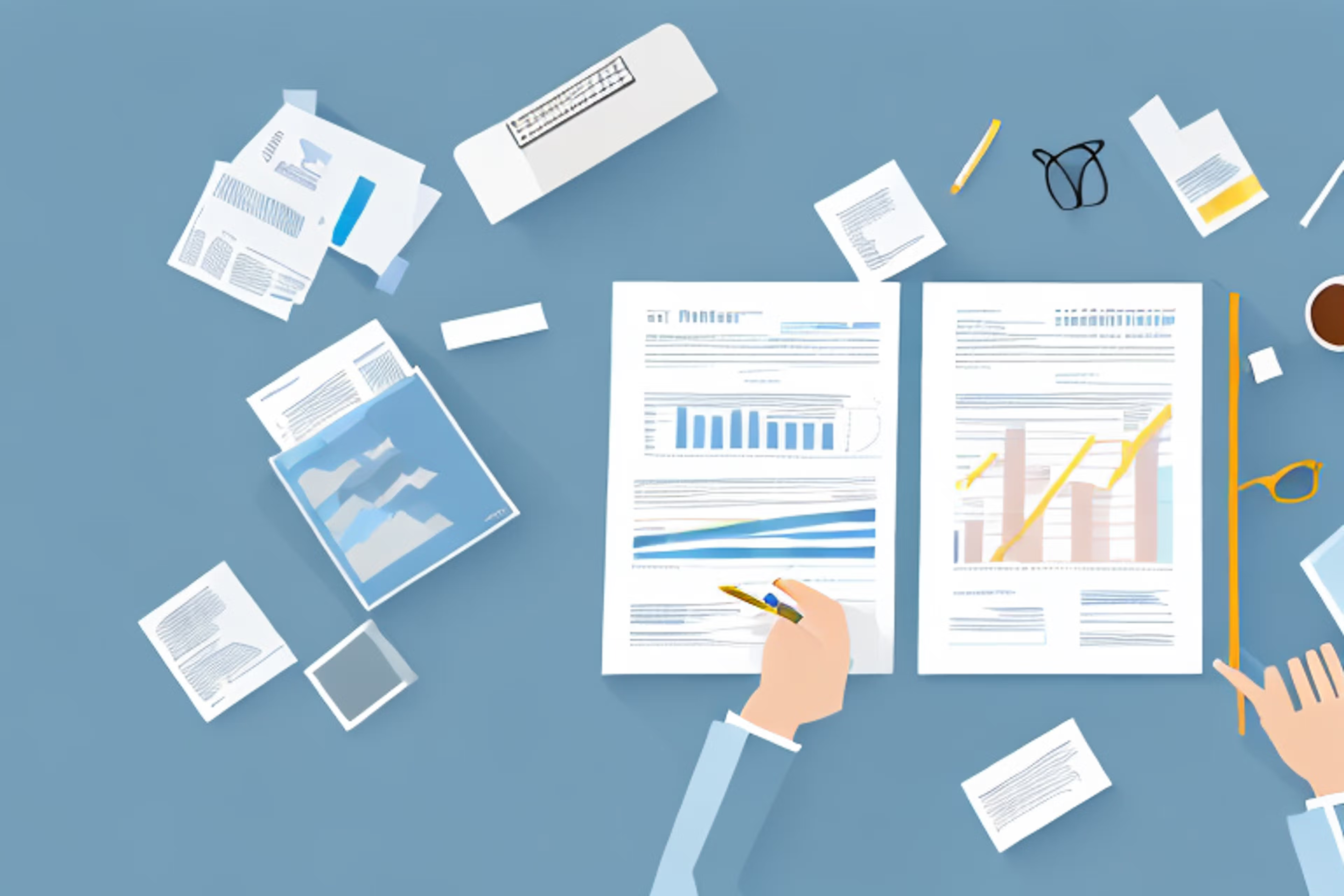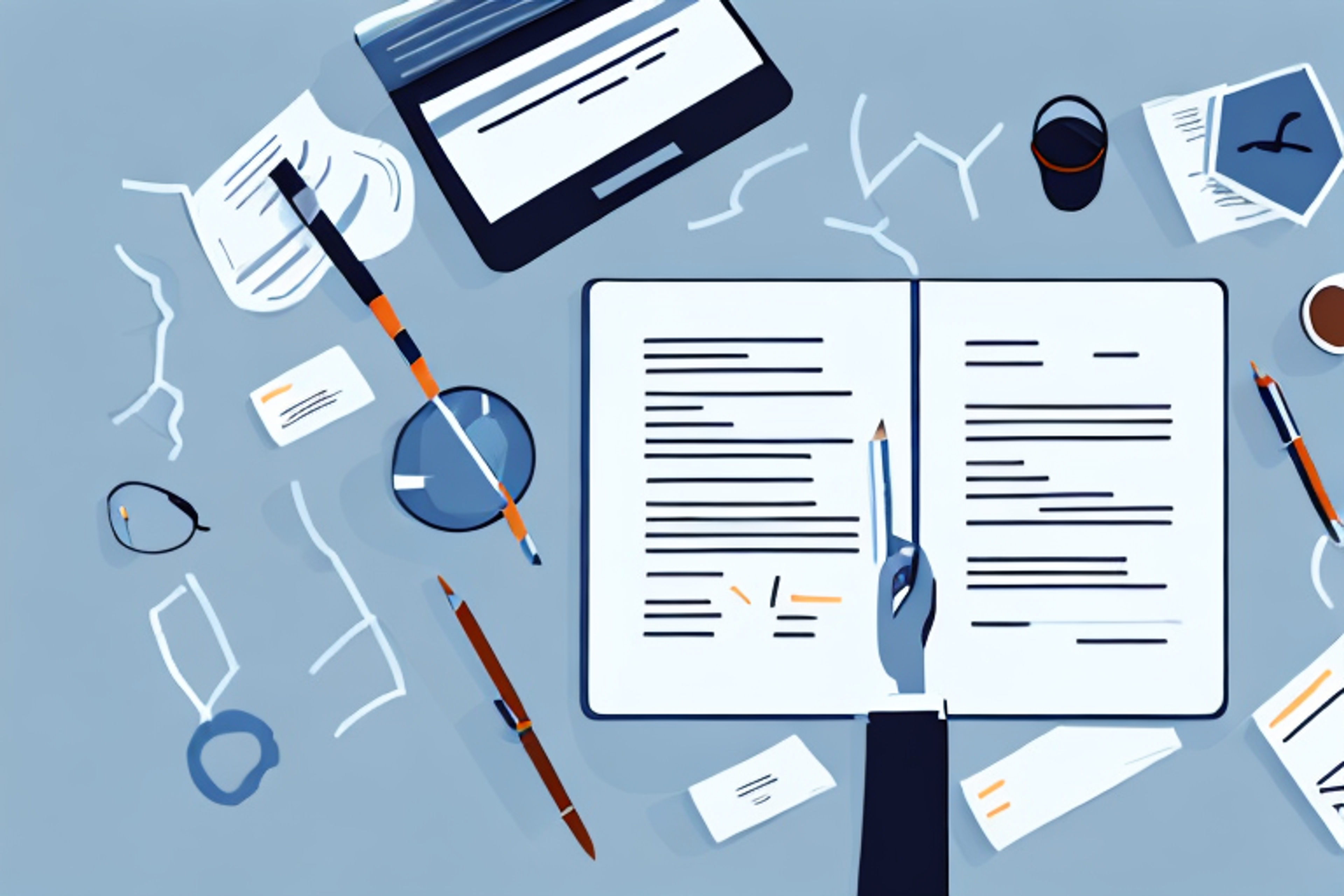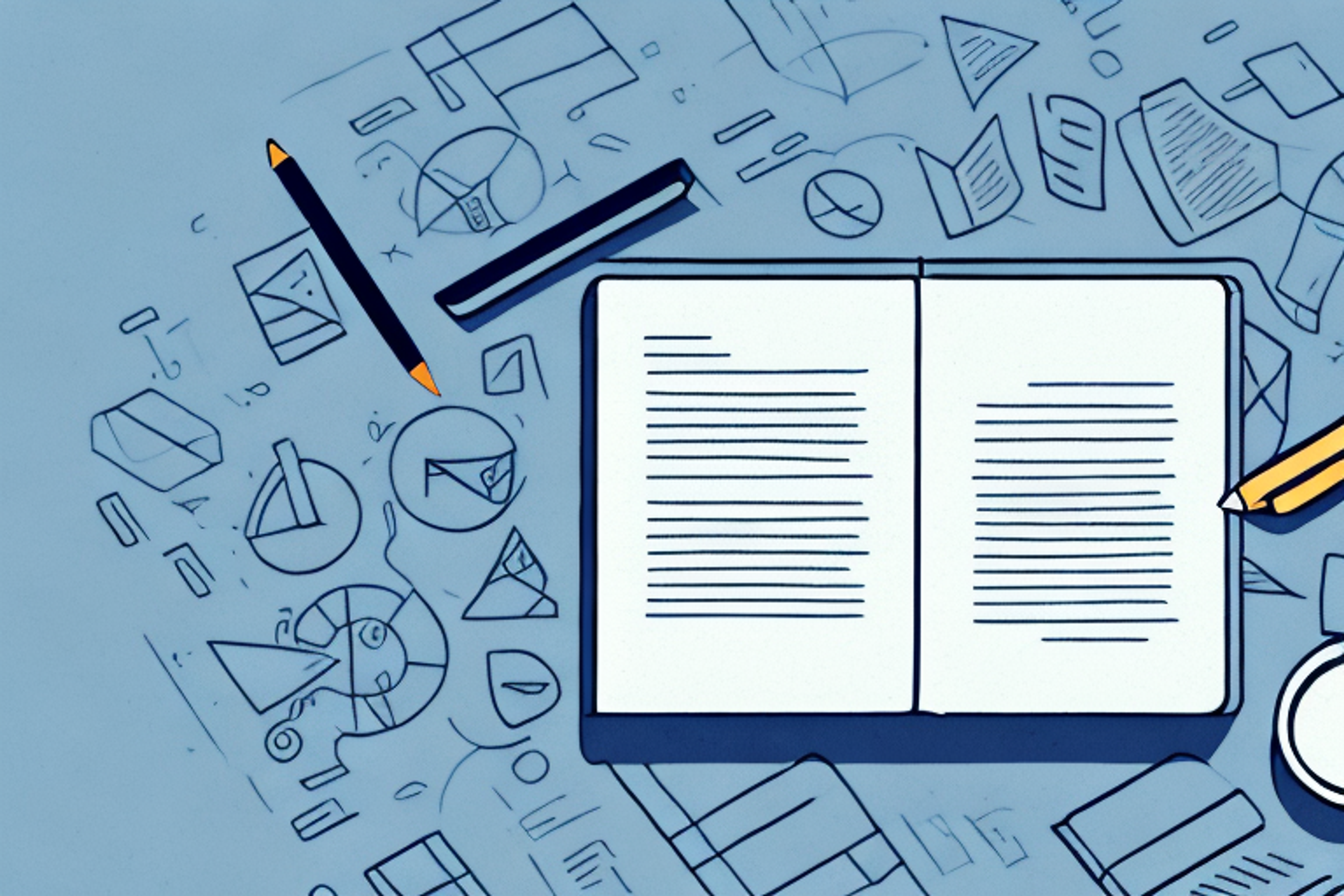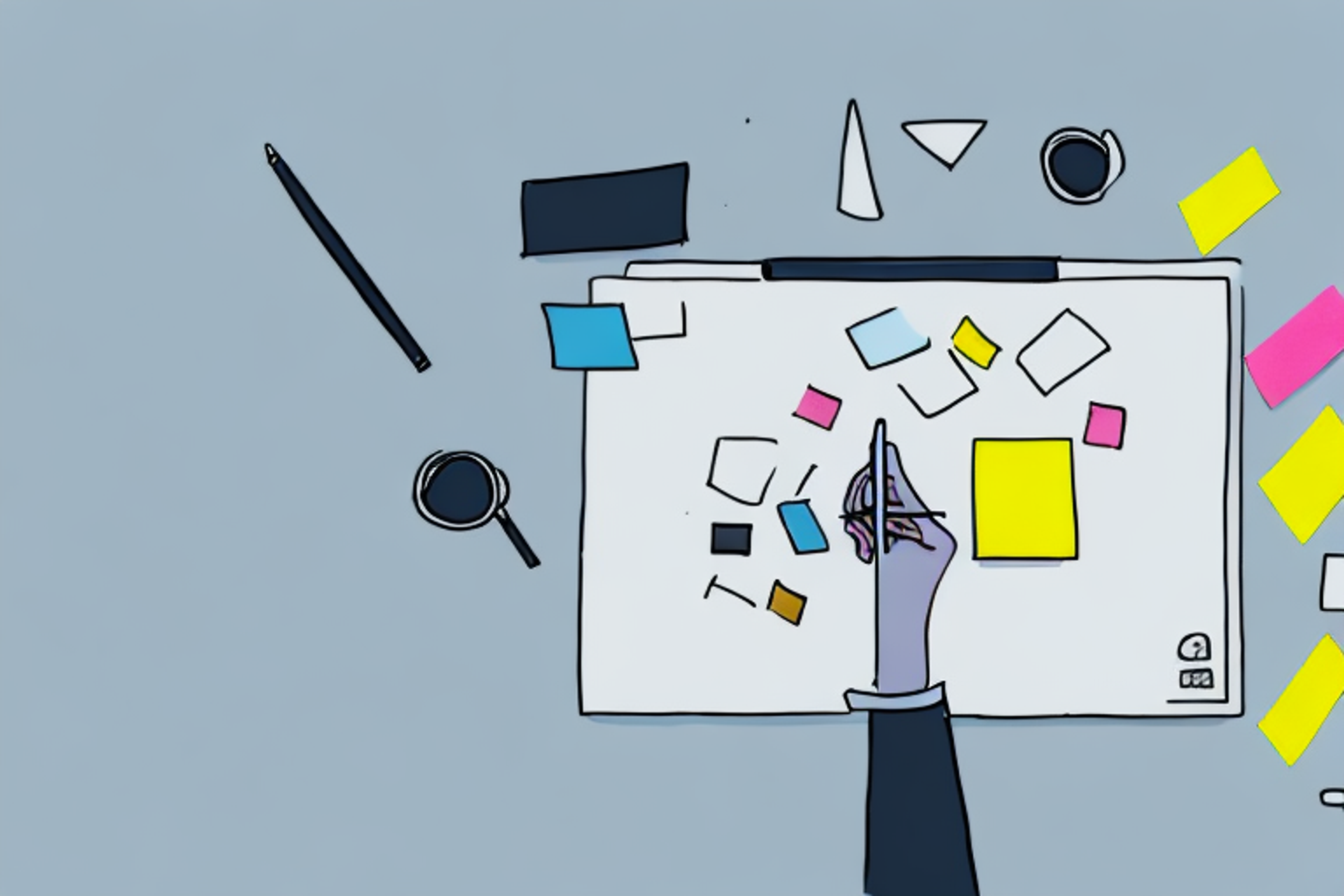How to Prepare for Lyft Product Sense Interviews
Are you preparing for a Lyft Product Sense Interview? Look no further! Our comprehensive guide covers everything you need to know to ace the interview, from understanding the role to practicing with sample questions.
Posted April 10, 2025

Table of Contents
If you're preparing for a product sense interview with Lyft, then you're probably aware of the importance of this step in the job application process. Companies like Lyft use product sense interviews to assess a candidate's ability to solve complex problems, work collaboratively, and think creatively. In this article, we'll take a detailed look at what you can do to prepare for the Lyft product sense interview and ensure that you're at your best on the day of the interview.
Understanding the Lyft Product Sense Interview Format
Before we dive into the specifics of the product sense interview, let's take a moment to understand the format. Typically, a Lyft product sense interview involves a series of hypothetical scenarios based on real-world problems that the company may face. You'll be asked to explain how you would approach the problem, identify potential solutions, and assess the feasibility of each solution. The interviewer will be looking for specific competencies and skills during the interview, which we'll cover in more detail in later sections.
One important thing to note about the Lyft product sense interview format is that it is designed to test your ability to think critically and creatively. You'll need to be able to come up with innovative solutions to complex problems, while also considering the practical limitations and constraints of the real world. This means that you'll need to be comfortable working with data, conducting research, and collaborating with others to develop effective solutions.
Another key aspect of the Lyft product sense interview format is that it is highly interactive. You'll be expected to engage in a dialogue with the interviewer, asking questions and seeking clarification as needed. This is an opportunity to demonstrate your communication skills, as well as your ability to listen actively and respond thoughtfully to feedback. By engaging in a productive conversation with the interviewer, you'll be able to showcase your ability to work collaboratively and think on your feet, which are both essential skills for success in any product management role.
Importance of Preparing for Product Sense Interviews
To perform well in a Lyft product sense interview, thorough preparation is crucial. This involves researching the company's products and services, learning about its user base and competitive landscape, and practicing your problem-solving and creative thinking skills. By preparing for the interview, you'll be better equipped to handle the challenges posed by the interviewer and showcase your abilities to the best of your potential.
Key Competencies Tested in Lyft Product Sense Interviews
Lyft product sense interviews assess a range of competencies and skills that are essential for success in product management. These include abilities such as market analysis, user research, design thinking, prototyping, and presentation skills. You'll also need to demonstrate strong interpersonal skills, collaboration, and team management abilities. By mastering these competencies, you'll have a better chance of acing the Lyft product sense interview.
Researching and Understanding the Lyft Platform
One important aspect of Lyft product sense interviews is understanding the company's platform and products. This involves learning about the different services offered, the target audience of each service, and the business model that underpins the company's success. By gaining a deep understanding of the Lyft platform, you'll be in a better position to identify and solve problems during the interview.
Analyzing User Needs and Requirements for the Lyft App
Another key competency that is tested in Lyft product sense interviews is your ability to identify and analyze user needs and requirements. This involves studying the user base of the Lyft app, understanding their preferences and pain points, and assessing how Lyft can meet these needs. You'll also need to be able to prioritize different features and functions based on user feedback and data. By demonstrating your ability to understand user needs and requirements, you'll impress the interviewer and show that you have what it takes to succeed in product management.
Conducting Market Analysis and Identifying Competitors
Lyft operates in a highly competitive market, and understanding the competitive landscape is another key competency tested during Lyft product sense interviews. This involves researching Lyft's competitors, identifying their strengths and weaknesses, and assessing how Lyft can differentiate itself in the market. You'll also need to be able to analyze market trends and predict how they might affect the Lyft platform in the future. By demonstrating your market analysis skills, you'll show that you have a deep understanding of the industry and are able to think strategically about Lyft's future direction.
Design Thinking and Creative Problem Solving for Product Sense Interviews
Design thinking and creative problem solving are two skills that are essential for success in product management. During Lyft product sense interviews, you'll be asked to come up with innovative solutions to complex problems, often within a tight timeframe. You'll need to be able to apply your design thinking skills to break down problems into manageable parts, generate ideas, and iterate on prototypes until you arrive at a workable solution. By practicing creative problem solving, you'll be better equipped to handle the challenges posed by the Lyft product sense interview.
Developing User Personas and Scenarios for Lyft App Features
User personas and scenarios are powerful tools that product managers use to understand user needs and design product features that meet those needs. During Lyft product sense interviews, you may be asked to develop user personas and scenarios for specific features or services offered by Lyft. You'll need to be able to identify different user segments, their needs, and preferences, and design solutions that cater to these segments. By mastering this skill, you'll demonstrate your ability to think creatively and put the user at the center of the product development process.
Creating Wireframes and Prototypes to Showcase Your Ideas
Another important skill to master for Lyft product sense interviews is creating wireframes and prototypes. Wireframes and prototypes are visual representations of your product ideas, which help you communicate your vision to others. They also allow you to test your ideas and iterate on them until you arrive at a workable solution. During the Lyft product sense interview, you may be asked to create wireframes or prototypes to demonstrate your ideas and design skills. By creating high-quality wireframes and prototypes, you'll impress the interviewer and show that you have what it takes to succeed as a product manager.
Presenting Your Ideas Effectively in a Lyft Product Sense Interview
Another critical skill that is tested during Lyft product sense interviews is your ability to communicate your ideas effectively. You'll need to be able to present your ideas in a clear, concise, and persuasive manner and respond gracefully to feedback and critique. You should practice presenting your ideas to others, asking for feedback, and incorporating that feedback into your presentation. By mastering this skill, you'll demonstrate your ability to lead and communicate effectively, which is a key skill for success in product management.
Common Mistakes to Avoid in Lyft Product Sense Interviews
Finally, it's important to note some common mistakes that candidates make during Lyft product sense interviews. These include failing to research the company and platform thoroughly, being too focused on your own ideas and solutions, and failing to listen actively to feedback and critique. You should also avoid rushing through your answers, failing to ask clarifying questions, and being overly nervous or defensive. By avoiding these mistakes and staying calm and focused, you'll be better equipped to succeed on the day of the interview.
Tips and Strategies to Ace Your Lyft Product Sense Interview
To ensure that you're at your best during the Lyft product sense interview, there are several tips and strategies that you can follow. These include practicing your problem-solving and creative thinking skills, rehearsing your responses to common interview questions, asking for feedback from others, and staying calm and focused on the day of the interview. You should also research the company and platform thoroughly, dress appropriately for the occasion, and arrive early to show that you're serious about the opportunity. By following these tips and strategies, you'll give yourself the best chance of success in the Lyft product sense interview.
Resources for Further Practice and Preparation for Lyft Product Sense Interviews
To further prepare for your Lyft product sense interview, there are several resources that you can access online. These include practice questions and scenarios, sample interview questions, and online courses that cover specific competencies and skills. You can also join online forums and communities of product managers and learn from their experiences and insights. By leveraging these resources, you'll be better equipped to tackle the challenges posed by the Lyft product sense interview and demonstrate your potential as a product manager.
Conclusion
Preparing for a Lyft product sense interview requires hard work, dedication, and a willingness to learn. By mastering the competencies and skills that are tested during the interview and following the tips and strategies outlined in this article, you'll give yourself the best chance of success. Remember to stay calm, focused, and confident on the day of the interview, and to show that you're passionate about the Lyft platform and the role of a product manager. Good luck!








